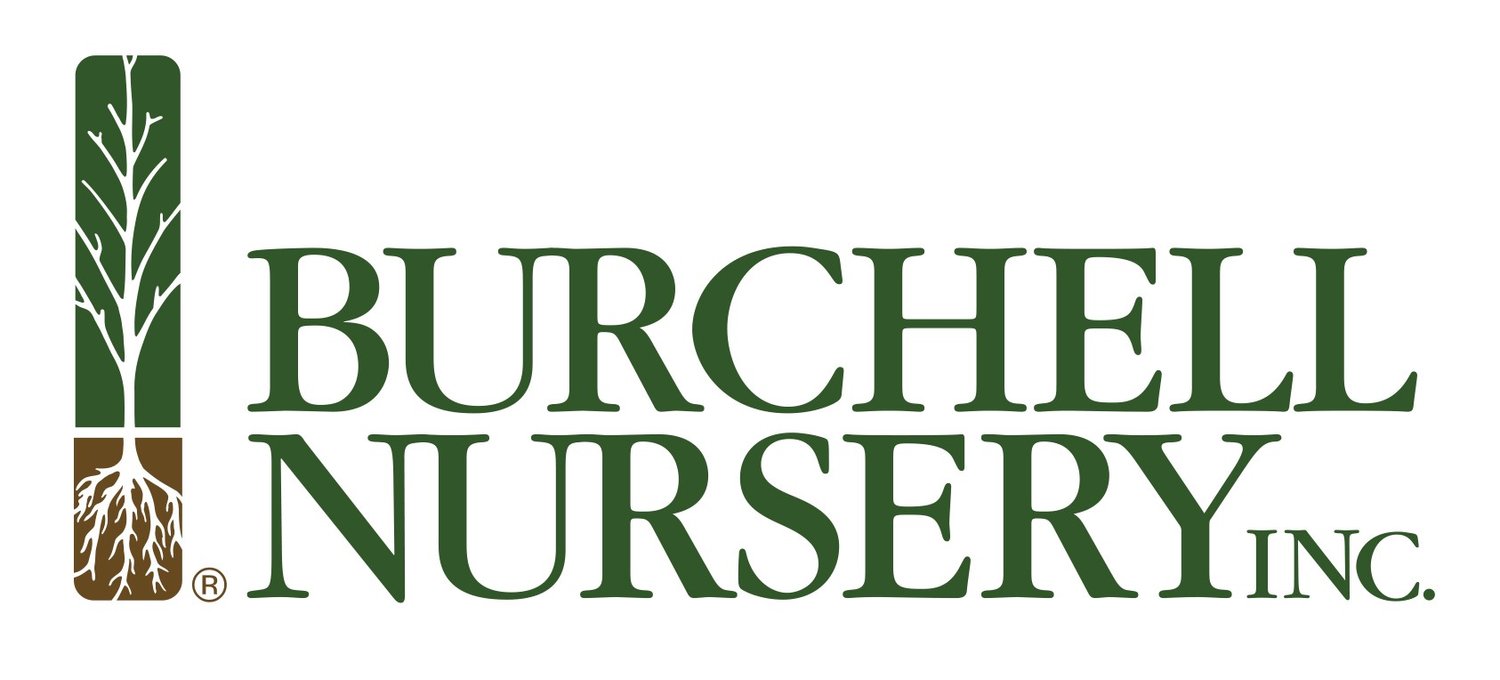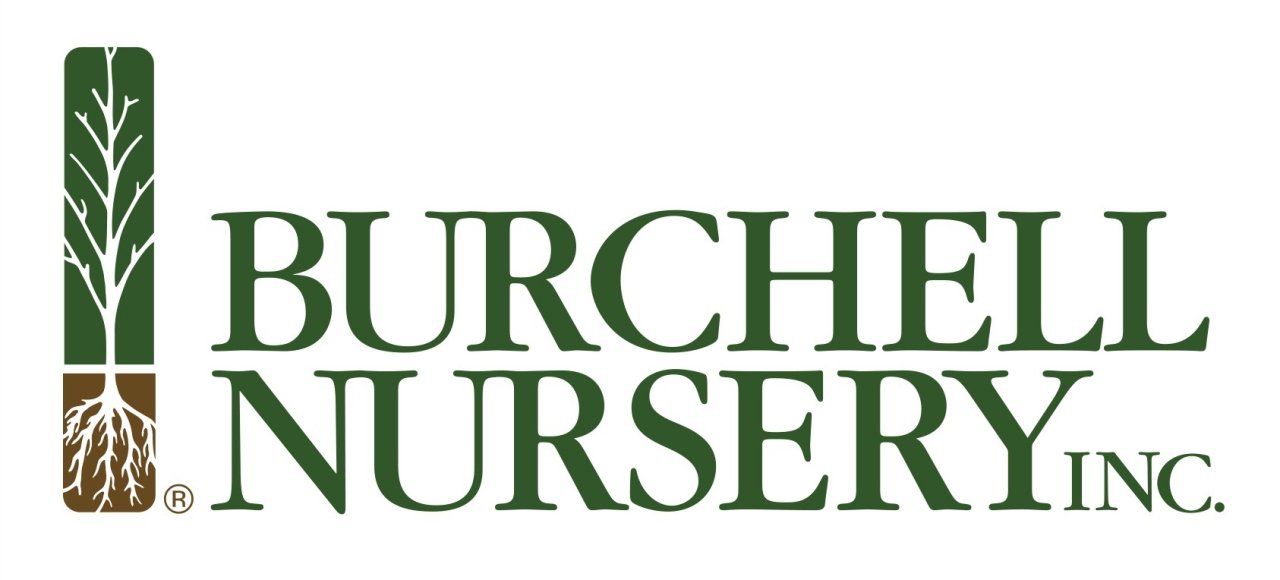Rootstocks
Rootstocks are at the core of every tree. They not only support the whole structure, but they also nurture the fruit to provide maximum production. We have carefully selected the best rootstocks for various soil conditions. We grow our rootstocks from seeds, vegetative cuttings, and tissue culture to ensure trueness to type, virus, and disease-free plants, as well as the highest quality.
Many of the rootstocks we use have been developed for specific disease and pest tolerance or resistance. They have also been selected for certain soil conditions, such as sandy or clay soils, as well as soil with high salts or drought conditions. Be sure to check your specific soil condition to know which rootstock is right for you.
· Brights Hybrid 5 cv. Arthur V (PP#18,782)
An advanced selection of one of the most poplar peach/almond hybrid rootstocks. This rootstock is moderately vigorous, nematode resistant, deep rooting, well anchored, and drought tolerant. This selection was a survivor in an orchard with high pH due to excess calcium.
· Krymsk 86
This Peach plum hybrid is a very promising hybrid rootstock especially for almond growers. The soil adaptation is quite broad, including soils consider too wet for Lovell. It has repeatedly shown superior anchorage relative to all other rootstocks. It is tolerant to both wet and heavy soil. Krymsk 86 should not be used in soils prone to Rootknot nematode infestation, nor where high ring nematode populations have been detected.
· Nemaguard
(Prunus persica) peach seedling.
Use with peaches, nectarines, plums, prunes, almonds, and apricots. Root-knot nematode resistant, vigorous, strong tree. Susceptible to root-lesion nematodes prefers sandy soil, susceptible to oak root fungus and bacterial canker, prunes subject to brown line complex.
· Lovell
(Prunus persica) peach seedling.
Use with peaches, nectarines, plums, prunes, almonds, and apricots. Slightly more resistant to wet conditions than Nemaguard but prefers well-drained soils, slightly precocious compared to Nemaguard, slightly more resistant to bacterial canker than Nemaguard. Susceptible to root-knot and root-lesion nematodes and to oak-root fungus, somewhat susceptible to bacterial canker, prunes subject to brown line complex.
· Rootpac R cv. AP 1 (PP#16,272)
This productive rootstock is suitable for a wide range of soils but commonly used in heavy clay/water logged soils. It has very good anchorage and resistant to Root Knot Nematodes. The rootstock is resistant to Phytophthora root rot also tolerant of higher pH soils.
· Viking
One of the most popular hybrid rootstocks. An inter- specific hybrid that tolerates saline soil conditions and alkaline as well. It is also resistant to Root-knot nematodes and has shown to beprefer less susceptible to bacterial canker. The rootstock is vigorous as well as productive. Viking has shown to be intolerant of dehydration and special care is required when planting.
· Hansen 536*
(interspecific almond & peach)
Use with almonds and peaches. Extremely vigorous, immune to Root-Knot Nematode, deep-rooted and drought tolerant, tolerant of calcareous soil conditions. Intolerant of shallow or poorly drained soil, trees may be excessively vigorous on good soil, susceptible to crown rot.
· Cornerstone*
(PP#21,248) Interspecific almond & peach.
Use with almonds, peaches and nectarines. Cornerstone is a deep-rooting red leaf rootstock. It has better phytophthora resistant than Hansen 536 and is more drought tolerant than Nemaguard. The rootstock has increased fruit size on some varieties of peaches. Cornerstone is tolerant of high pH soil and is resistant to iron induced chlorosis. The rootstocks will tolerate heavier soils and is more resistant to crown gall than most almond X peach hybrids. Burchell Nursery is the exclusive distributor of this rootstock.
· Controller 5*
(PP#15,228) Interspecific peach-plum hybrid rootstock.
Use with peaches and nectarines. A dwarfing rootstock that will reduce the size of the scion cultivar to between 50 and 60% of the size of trees growing on Nemaguard rootstock. This increases the efficiency of various cultural operations by reducing the need for field workers to use tall ladders. Moderately susceptible to root-knot nematode and are probably not inherently resistant to numerous soil pathogens.
· Controller 6
· Controller 9*
(PP#15,225) Interspecific peach-plum hybrid rootstock.
Use with peaches and nectarines. A dwarfing rootstock that will reduce the size of the scion cultivar by 90% of the size of trees growing on Nemaguard rootstock. This increases the efficiency of various cultural operations by reducing the need for field workers to use tall ladders. Moderately susceptible to root-knot nematode and are probably not inherently resistant to numerous soil pathogens.
· Guardian®*
(BY520-9) (Prunus persica) Peach seedling.
Use with almonds, peaches, nectarines, plums, prunes and apricots. Resistant to ring nematode, a leading cause of Peach Tree Short Life (PTSL). Resistant to root-knot nematodes. Fairly vigorous. Used mainly in the Southeast United States. Unknown adaptability in other regions.
· Grizzly
· Flordaguard
(Prunus persica) Peach seedling.
Use with peaches, nectarines, plums and apricots. A low chill peach rootstock that causes early bud break of 3–5 days in some years. Resistant to root-knot nematodes. Does not tolerate high pH soils.
· Marianna 26-24
(plum rooted cutting)
Use with plums, prunes, apricots and some almonds. Slightly dwarfing, moderately resistant to Phytophthora crown, root rot, and oak root fungus. Tolerates wet soils and is root-knot nematode resistant. Tends to lean. Shallow roots the first few years. Very susceptible to bacterial canker. Incompatible with peaches, nectarine and some almond varieties. Suckers profusely and is susceptible to crown gall.
· Plum 29-C
(plum rooted cutting)
Use with plums, prunes, apricots and some almonds. Makes a large tree. Immune to root-knot nematode. Tolerates wet soils. Tends to sucker and lean. Some incompatibility with almonds. Prunes subject to brown line on this rootstock. May set a lighter crop than Marianna 26-24. Susceptible to oak root fungus.
· M40*
(plum rooted cutting)
Use with plums, prunes, apricots and some almonds. A Marianna 26-24 selection that roots deeper and has less suckers. Good in wet soils.
· Citation
(interspecific – peach & plum – rooted cutting)
Use with apricots, plums, prunes and some peaches and nectarines. Highly compatible with apricot and plum, induces early bearing, very tolerant of water logging, resists root-knot nematode, induces early defoliation, dormancy and hardiness. Susceptible to crown gall and oak root fungus. Peach and nectarine scions lack vigor in young trees. Not compatible with all almond varieties. Same as Marianna 26-24.
· Mazzard
(cherry seedling)
Use with cherries. More water tolerant than Mahaleb. Cold hardy, resists root-knot nematode, vigorous, moderately resistant to oak root fungus. Slow to bear, large tree prone to root suckering, susceptible to crown gall, bacterial canker and root-lesion nematode. Scion doesn’t show buckskin infection as quickly as on Mahaleb.
· Mahaleb
(cherry seedling)
Use with cherries. More drought tolerant than Mazzard. Resists bacterial canker, smaller tree than Mazzard. Moderately resistant to crown gall and root-lesion nematode, shows buckskin infection quickly. Intolerant of wet, heavy soils, attracts gophers, tends to sucker, susceptible to oakroot fungus, some root-knot nematode susceptibility. Very susceptible to Phytophthora crown and root rot and Prunus stem pitting. Incompatible with some varieties (i.e. Van and Larian).
· Maxma 14
· Colt
(cherry rooted cutting)
Use with cherries. Tolerates wet, heavy soils better than Mahaleb, resists bacterial canker. Drought sensitive, susceptible to crown gall.
· Paradox
(NCB X English walnut hybrid seedling)
Use with walnuts. Very vigorous, resists root-lesion nematode and certain Phytophthora species, grows better in heavy, wet or low fertility soils than NCB, resistant to oak root fungus. Highly susceptible to crown gall, may be less resistant to oak root fungus than Northern California Black, subject to black line, more susceptible to salt soils.
· Vlach Paradox
NCB X English walnut hybrid – Grown from tissue culture)
Use with walnuts. A vigorous paradox cloned from a surviving tree planted in 1904. Chosen for its longevity, vigor and overall health. Trees on this rootstock will be comparable to trees on paradox seedlings. Vlach has shown less susceptibility to lesion nematode and slightly more resistance to crown gall, phytophthora and some species of nematodes.
· VX211* Paradox
(PP#21,179) (Complex hybrid walnut grown from tissue culture)
Use with walnuts. A very vigorous paradox cloned from a selection that has shown to be tolerant of some nematode species. It is deep rooting with many fine hair roots. Good in poor soil where vigor is needed. Moderately susceptible to crown gall and somewhat resistant to phytophthora.
· RX1* Paradox
(PP#20,649) (Complex hybrid walnut grown from tissue culture)
Use with walnuts. A vigorous paradox cloned from a selection shown to be tolerant of phytophthora. It is shallower rooting and survives well in heavy, wet soils. It is moderately susceptible to crown gall.
· SG1
· UCD 84-121
(NCB X English walnut hybrid seedling – Grown from tissue culture)
Use with walnuts. A clonal paradox screened for phytophthora resistance at UC Davis. 84-121 shows a level of resistance to phytophthora citricola in early studies better than seedling paradox. A late leafing clone. Further tests need to be conducted to confirm phytophthora resistance.
· Carrizo
· Rich 16-6
· C-35






